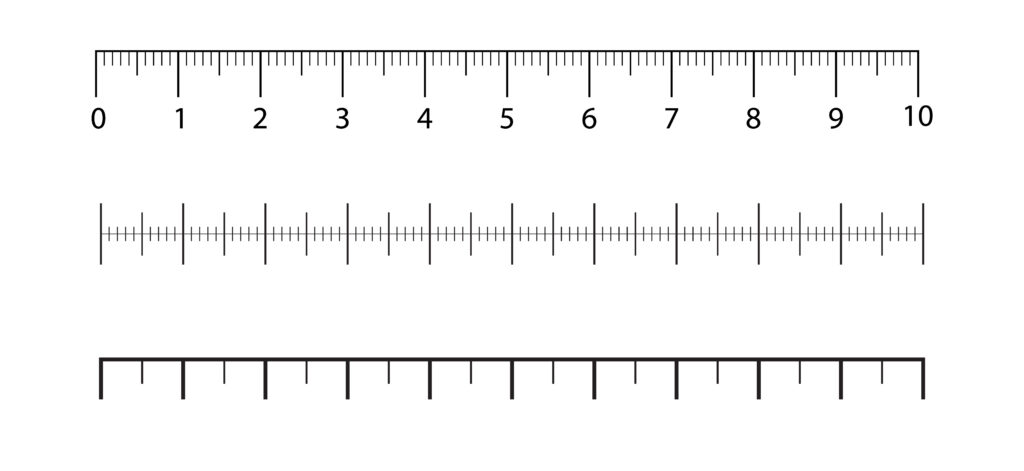Number Play: Math Puzzles
Explore the fascinating world of number patterns and cryptarithm puzzles. Develop your logical thinking and problem-solving skills through interactive challenges.
Help & Instructions
▼- Number Sequences: Figure out the pattern and complete the number sequence
- Cryptarithms: Solve puzzles where letters represent digits in a mathematical equation
- Use the hint button if you need help with a puzzle
- Try different difficulty levels to challenge yourself
- Develop pattern recognition skills
- Enhance logical thinking and problem-solving abilities
- Understand mathematical relationships and properties
- Practice arithmetic operations in a fun way
Number Sequences: Find the Pattern
Figure out the rule and complete the number sequence.
Cryptarithms: Letter-Number Puzzles
Solve the puzzle by assigning digits to letters to make a valid equation.
Number sequences follow specific rules or patterns. Recognizing these patterns helps develop mathematical thinking and problem-solving skills. Common patterns include arithmetic sequences (constant difference), geometric sequences (constant ratio), and more complex patterns based on mathematical operations or properties.
The Mathematics of Puzzles
Pattern recognition is fundamental to mathematical thinking:
- Arithmetic sequences: Each term is obtained by adding a constant to the previous term
- Geometric sequences: Each term is obtained by multiplying the previous term by a constant
- Fibonacci sequence: Each term is the sum of the two preceding terms
- Other patterns can be based on squares, primes, or more complex rules
Cryptarithms are puzzles where letters represent digits:
- Each letter represents a unique digit (0-9)
- The same letter always represents the same digit
- Numbers cannot start with zero
- The equation must be mathematically correct
Solving number puzzles enhances logical thinking, pattern recognition, and problem-solving skills. These activities stimulate the brain and help develop mathematical intuition that is valuable in many real-world applications, from computer programming to financial planning.



